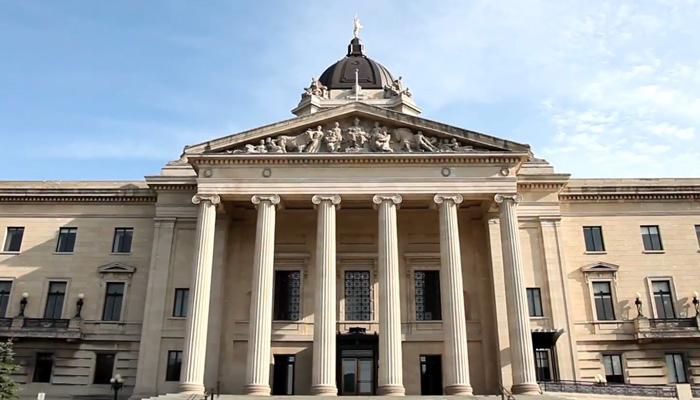The Manitoba government is tabling a supplementary document that will outline measures in Budget 2020 to address the COVID-19 pandemic.
“Budget 2020 takes measures that serve as the foundation for the Manitoba government’s fiscal response to the fast-evolving public health and economic challenges posed by the COVID-19 pandemic,” said Finance Minister Scott Fielding. “Budget 2020 sets aside the largest amount of money in Manitoba history for emergency expenditures, and Manitobans should be reassured by this unprecedented level of fiscal resilience and flexibility to quickly deliver the resources required to respond to any emergency.”
The province is taking significant financial and public health steps to ensure Manitobans are safe and protected at this time of rising economic and social anxiety, noted the minister.
The budget supplement outlined key measures that contribute to Manitoba’s resiliency:
- reinvestment in the rainy day fund – over the coming month, the province will increase the Fiscal Stabilization Fund to $800 million from $571 million, and transfer an additional $72 million by the end of the 2020-21 fiscal year;
- prudent budgeting – the province has avoided $10 billion in debt over the past four years as a result of responsible financial decisions, as well as approximately $200 million of incremental interest costs;
- federal support – $18 million in federal support is available to Manitoba and Ottawa has indicated further aid is likely forthcoming; and
- a stable, resilient economy – with Manitoba’s diversified economic base, the province continues to have one of the most competitive and stable economies in Canada.
Overall, Manitoba has nearly $1 billion of financial flexibility to address this challenge, if required, the minister noted.
“The steps our government has taken over the past four years to manage provincial finances more responsibly means that we are better positioned to respond to this and future emergencies and withstand the ongoing period of economic uncertainty,” said Fielding. “Living in a province that regularly faces floods and other natural disasters has taught us the importance of being prepared for emergencies and having flexibility and agility in our planning and response.”
Fielding noted the province is making the necessary investments to address the pandemic and implementing protocols to ensure funds are available in order to quickly respond to the rapidly changing situation.
The COVID-19 response will also impact Manitoba’s forecasted budgetary revenues for the 2020-21 fiscal year, the minister said. Preliminary estimates for Manitoba’s economy suggest a large initial decline in economic growth during the first half of 2020, followed by a recovery in the second half of the year. Growth in 2021 may be higher than currently forecast as a result of the return of pent-up demand across impacted sectors, he noted. The Budget 2020 supplement states that there are reasons to believe Manitoba will see a less significant decline than other jurisdictions, in part, given the province’s diversified economic base.
The government’s 2019-20 third quarter fiscal update released in early March projected a $325-million deficit for the current fiscal year. The province does not anticipate significant impacts that would disrupt that forecast.
The Manitoba government will update its projections as the situation unfolds over the coming months. Government departments continue to engage closely with key provincial stakeholders and other governments to mitigate the economic and public health challenges of this significant event, Fielding said.
Visit manitoba.ca for the most up-to date information on COVID-19.


